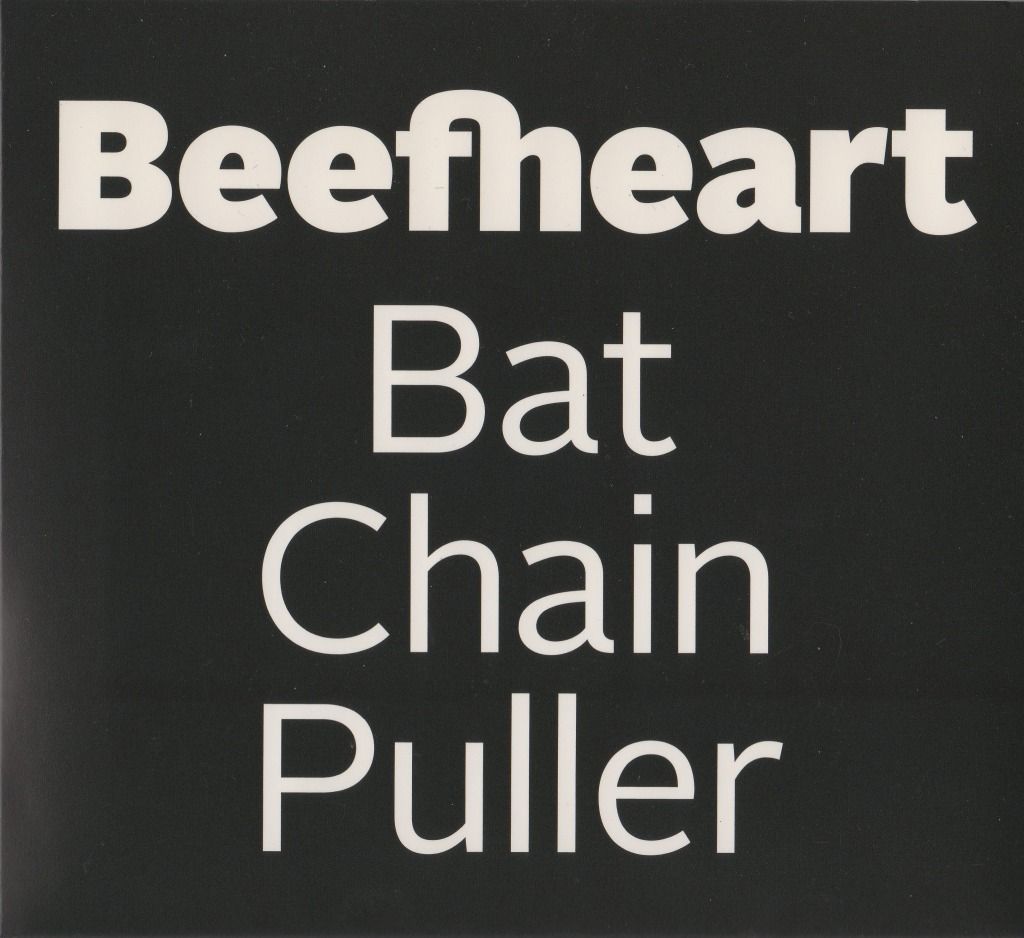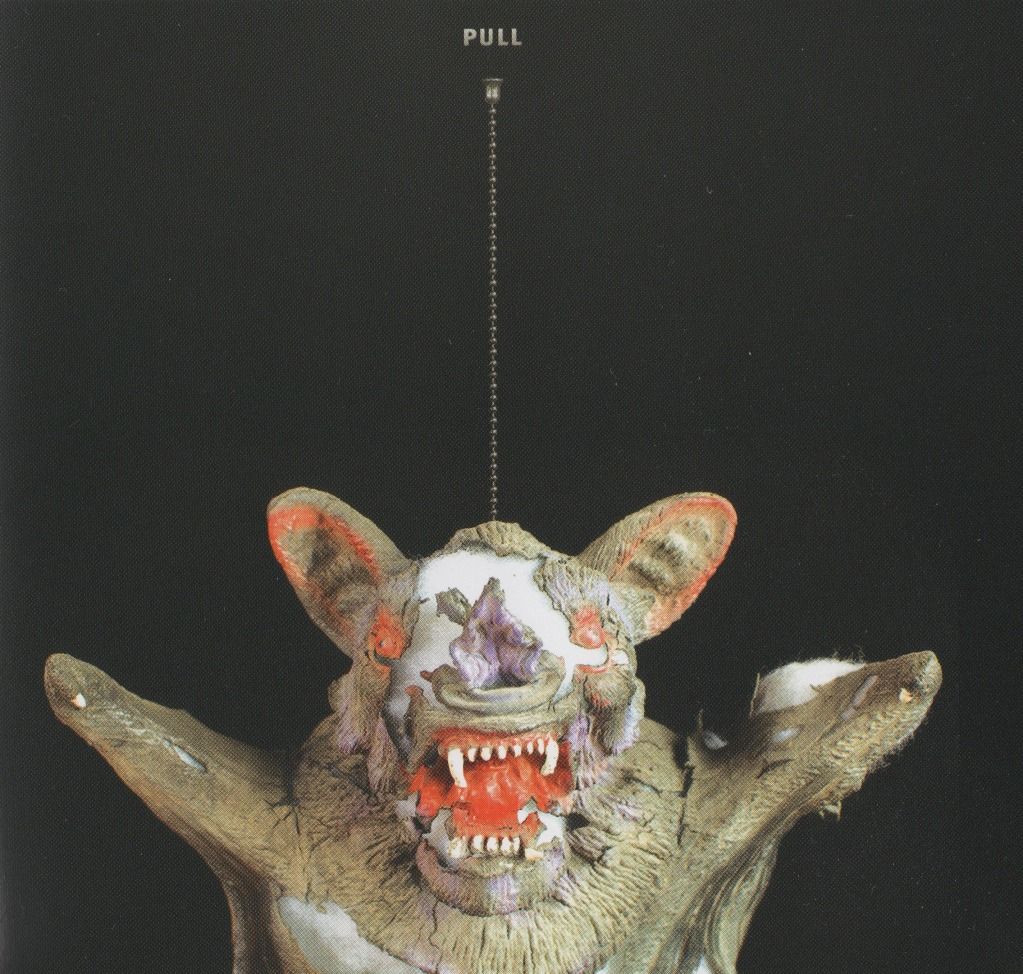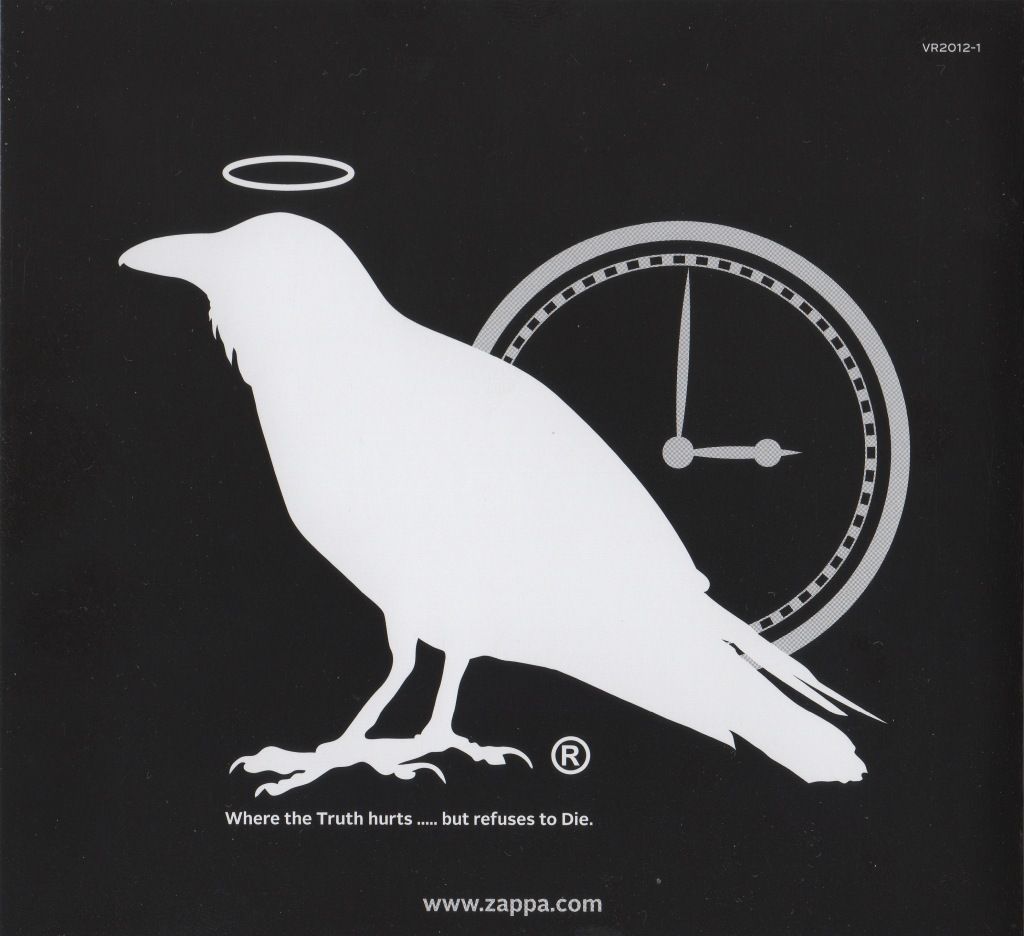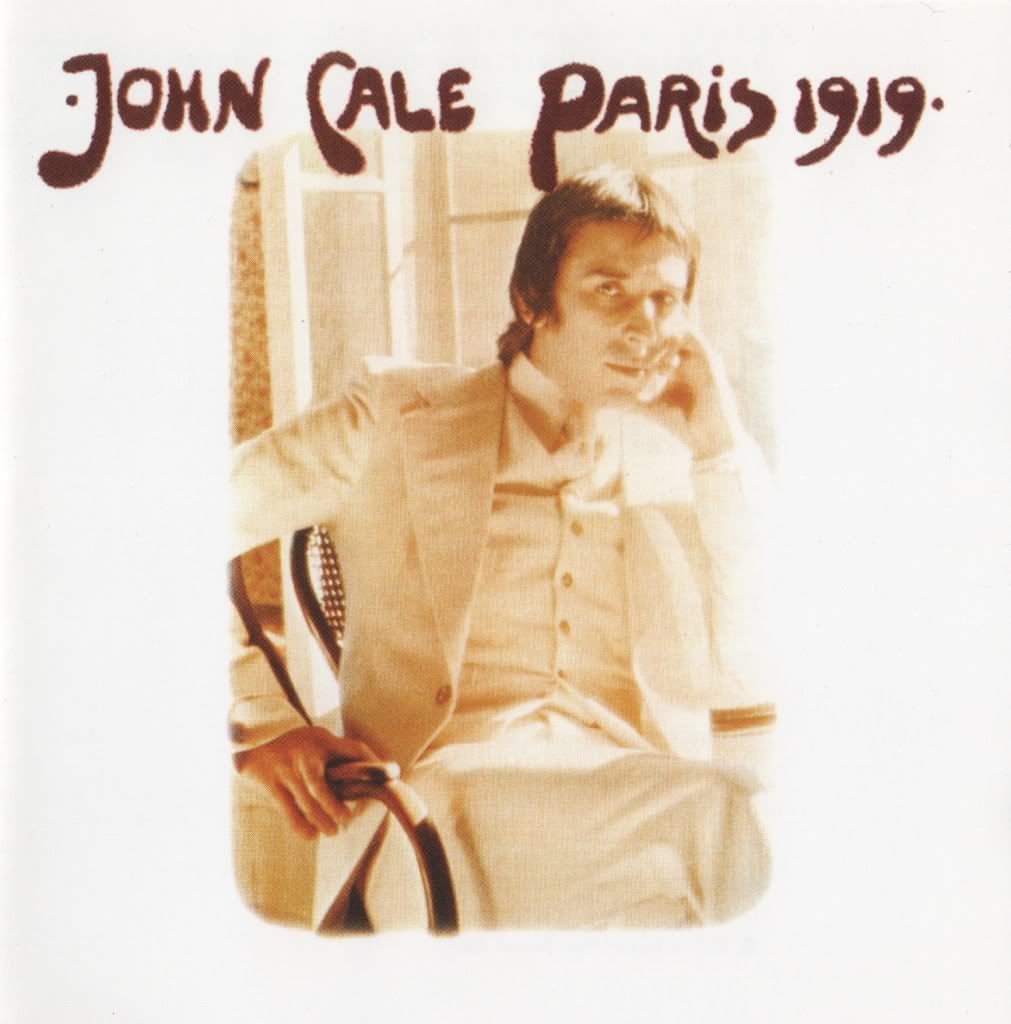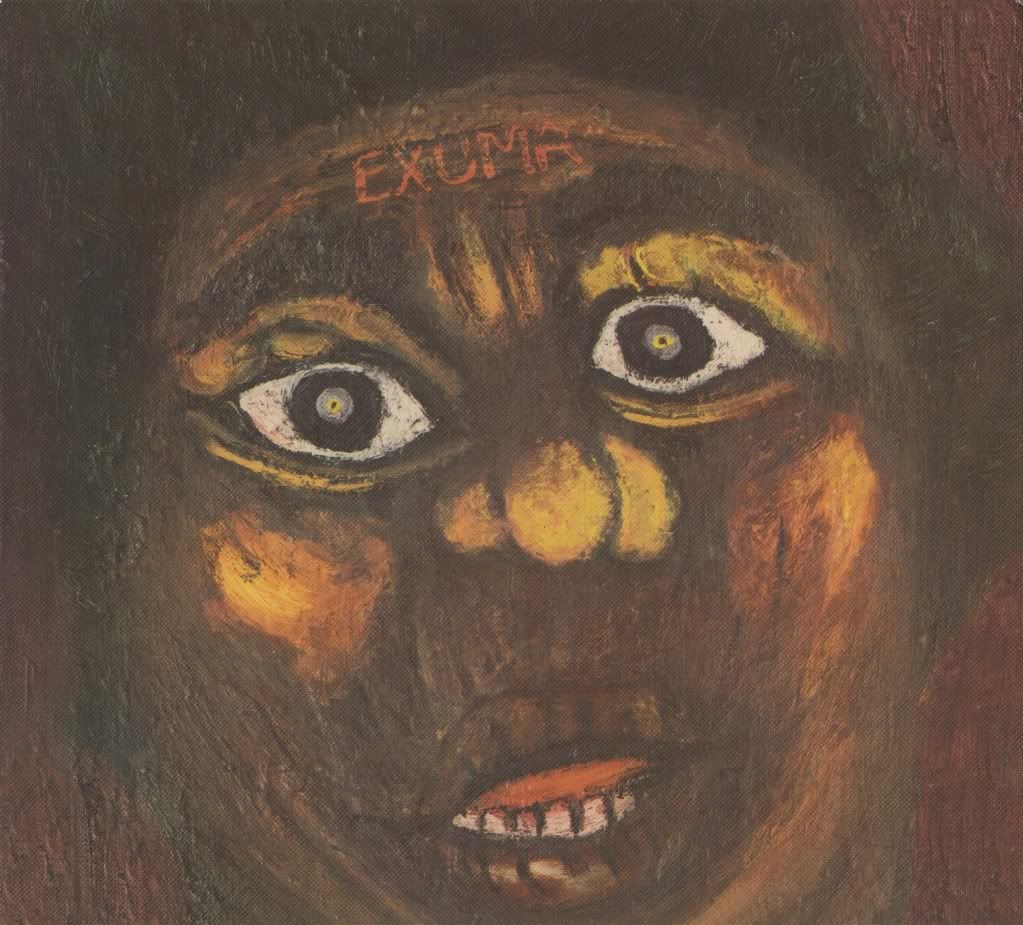 |
| Signal to...1, 0 or some combination thereof |
I'm sure when Sony and Philips designed and released the first CDs in 1982 they were mostly thinking about the obvious benefits CDs possess in comparison with the analog music media of the day--unlike vinyl and tape, CDs are sturdier and less easily damaged, are smaller and more lightweight, last much longer and are not degraded by use, and have ultimately become as inexpensive (or more) than the other available options. In the intervening 30 years, though, the simple twist of converting source analog audio recording data to the universal binary 1's and 0's of the digital vernacular has had far-reaching implications for the music world. On the consumer end, the introduction of CD-R technology first allowed easy copying of any audio files, while the increasing capabilities of home computers and the internet have gradually made the distribution of audio files (the size of which has more or less remained the same) easier and easier, providing music consumers with innumerable sources to acquire recordings for purchase or for free. This increasing broadening has significantly diminished the sales of traditional physical recording media, not to mention how it's made it more and more difficult for copyright holders to keep track of and protect their intellectual property.
On the "industry" side, not only has digital music technology changed the shape of music as a product, in the last 15 or so years it's also replaced analog recording as the most accepted method for the very creation of recordings. ProTools has both become the industry standard software for recording studios, but its relative ease of use and availability (as well as the availability of similar free and inexpensive recording software) has meant that the average person potentially has the ability to record and edit digital music in much the same way (and with many of the same tools) as a professional recording studio--and when the product's finished, the aforementioned home computer technology and internet advancements have made it possible for artists to distribute their recordings without any of the record label, distribution and promotional infrastructure that was compulsory before digital recording dominated the market.
Like most of the issues I'm trying to wrestle with in this series, digital recording is the quintessential double-edged sword. Music listeners now have unprecedented access to almost any music they'd like to hear--gone are the days when local record stores could only mail-order expensive imports of cult artists whose distribution was too poor to make the music widely available, and the realities of file sharing mean that most recordings can be found and downloaded for free without risk of punishment and regardless of the recordings' copyright status or availability for sale through mainstream channels. MP3 players allow consumers to consolidate a nearly limitless library of digital music that can be accessed instantaneously and portably (my personal favorite!). Up-and-coming artists are no longer necessarily forced to demonstrate popularity in order to make their first recordings (a chicken-and-egg scenario that imploded as often as it succeeded). It's never been easier to find out about and sample new music, and there's more music being recorded than ever before.
For the recording industry, the sword mostly cuts viciously in the negative direction--though digital music does offer even more avenues for sales, when offered the choice, "You can either pay us and download the recordings, or search Google and download the recordings for free," consumers have by and large chosen the second option. Promotional power still rests in varying degrees in the hands of record labels, but it's often limited in the case of independent labels and diminishing sales have scared the big labels into a policy of recording and promoting only guaranteed money-makers, which, as you can imagine, does little to further the spread of non-commercial music, impairing the strength of music as a product one degree of blandness at a time. For independent musicians, it may indeed be easier and cheaper to record music, but when it comes to standing out amongst a constantly-swelling sea of competition, there are few promotional tools that seem to be worth the time or monetary investment.
This is where the pros and cons of digital recording become even subtler. For cash-strapped musicians, free recording is often a deal that's difficult to pass up, but the benefits of using a professional recording studio (high quality microphones and other recording equipment that most musicians don't possess, and especially the technical expertise of recording professionals) are often noticeably manifest in the quality of the finished product. Then there comes the role of the recordings themselves--are they designed as a promotional device, to be given away at no cost to spread the word about the artist and hopefully convert more fans? Or, is the artist hoping to offer the recordings as a product for sale? I've heard again and again that music recordings "are free" and that the only way for musicians to make money these days is through live performance. While I don't want to diminish the value of live performance, this argument denies the fundamental fact that regardless of the recording, somebody is investing a certain amount of time and/or money into its creation, and investments with virtually no chance of return are utterly unsustainable. Since this entry is not supposed to focus completely on the financial aspects of independent music, I'll leave further development of those points for a later date. Additionally, the choice to give away recordings is a difficult decision for reasons unrelated to finances--what message does it send a potential listener if you're willing to give up the fruits of your hard work in exchange for nothing? There is an intangible degree of integrity lost when you tell listeners that your recording is worth...nothing...even when your decision is motivated by a desire to acknowledge the inevitability that your recordings will be pirated. In such a competitive music marketplace, I've repeatedly found that the most difficult accomplishment is to simply get people to give your music a chance and listen to even one song all the way through (let alone a whole album). Can unknown musicians afford to devalue their work at the very outset?
Likewise, for listeners, digital music has made it easy to react in a knee-jerk fashion, skipping or abandoning a recording if it doesn't instantly gratify our spoiled ears and robbing us of that crucial repeated exposure that so much great music needs in order to sink in and sound great to our often inattentive ears. Similarly, the art of a cohesively-crafted album has been all but lost in the mainstream, with consumers able to pick and choose tracks selectively without hearing them in the intended context. There is indeed more music than ever for listeners to choose from, but it's also becoming increasingly difficult to find out if it's actually good (of course, by "good" I mean relative to each listener's tastes and musical ideals). How does the average listener navigate the swarm of hopeful independent musicians without help and without becoming cynical? Do the types of algorithms that govern internet radio stations like Pandora actually succeed in steering us toward new music we'll eventually love, or do their fixed formulae actually rob us of the chance of hearing something new or different that might actually expand our tastes? On a hopeful note, there does seem to be a kinesthetic aspect to recordings that cannot be digitized--many people believe that the added dimension of a physical package that comes with a CD or LP isn't sufficiently conveyed by a digital scan of the album art, and the artistic possibilities that come with mixed media can enhance the music and facilitate the development of a special relationship between listeners and the musical thing they're holding in their hands that's simply not possible with an intangible digital file. Additionally, the "warm" analog sound quality, enhanced art and retro chic of vinyl records has recently experienced a resurgence among aficionados, probably for very similar reasons--still, the challenge of dealing with the rest of the potential market persists!
As an independent musician on the verge of releasing another recording, I wish I had answers to these questions--the more I think about it the more I realize that the digitization of music recordings is neither good nor bad, but that it's at its root a coincidental reality that further complicates an already complicated endeavor! Printed text will likely remain a viable physical product in books and magazines because it can simply be unpleasant to read text on a computer screen for extended periods of time; digital reproduction of physical art like paintings and especially sculpture never comes close to capturing the physical dimensions apparent in person; television and movies may be easily digitally-reproduced at home, but live theater, dance and movie theater screenings offer an experience that cannot be digitally reproduced to come anywhere close to the live experience. In our increasingly digitized world, recorded music has been the perfect victim of an unhappy accident insofar as it's easily reduced to digital form and sent down the waterfall into the world's digital information collective. The issues of promotion and the value of music recordings will be further developed later, but for now I pose these questions: What's your relationship with digital recordings? If you're old enough, how has your relationship with music changed as digital has become standard? Do you think the digitization of music recordings is a good or bad thing for musicians and listeners, and why? Comments welcome and appreciated!
Cheap Seats Part 1
Cheap Seats Part 2: Non-Commercial Music
Cheap Seats Part 3: A Day in the Studio

